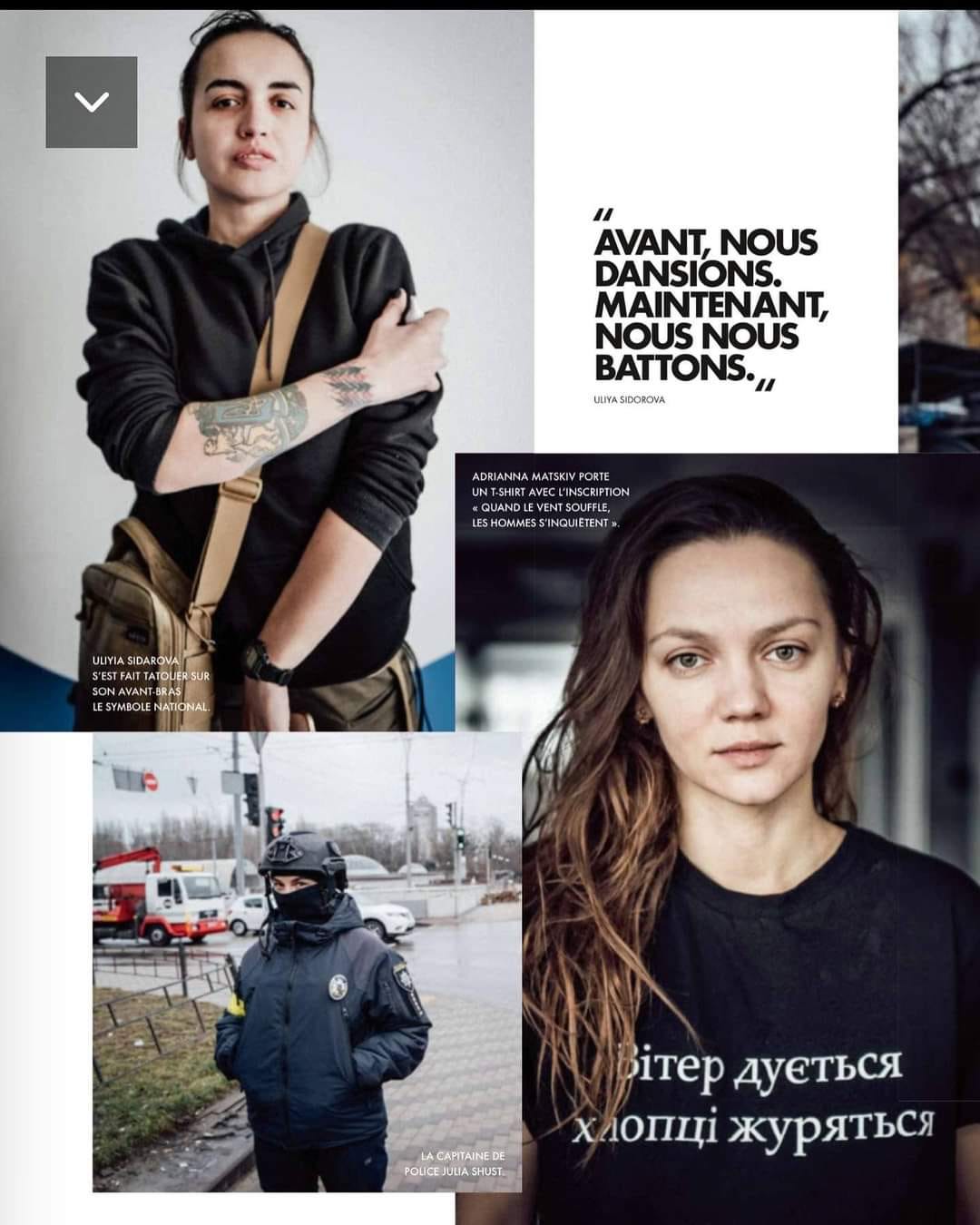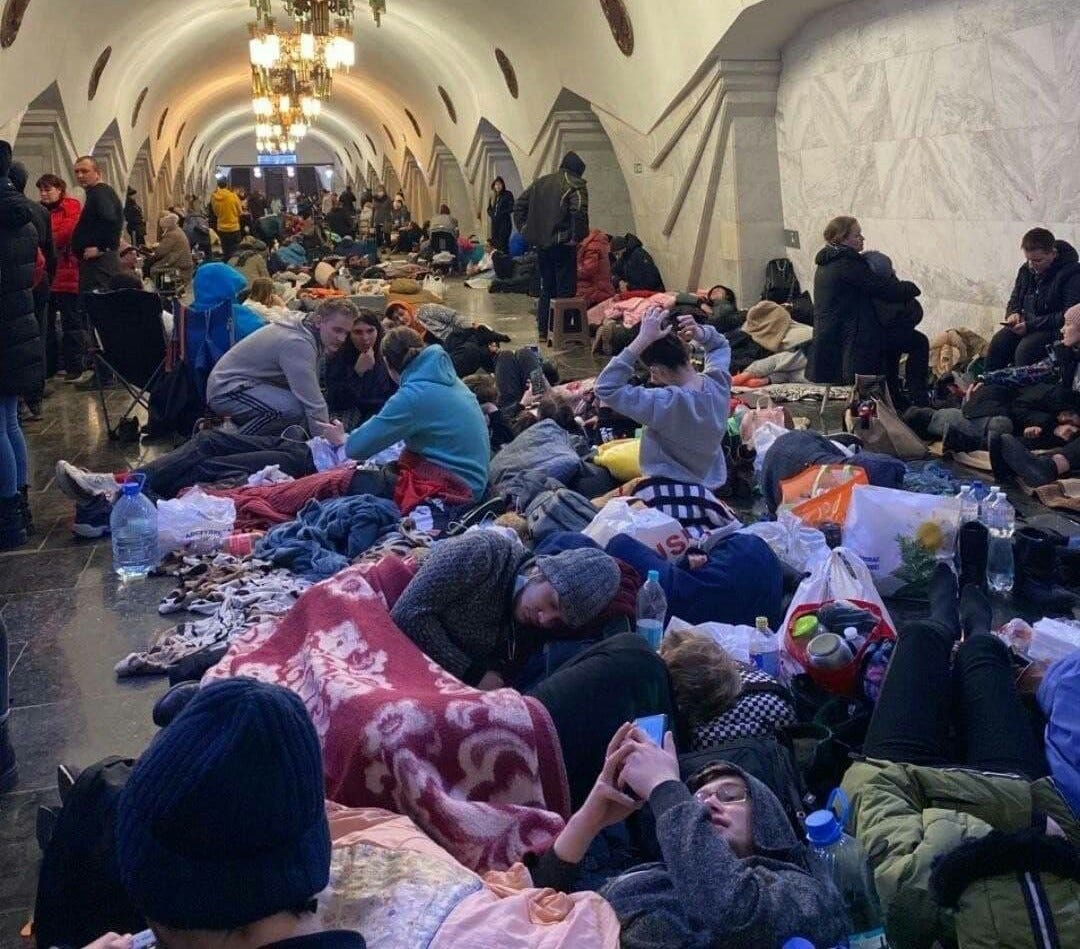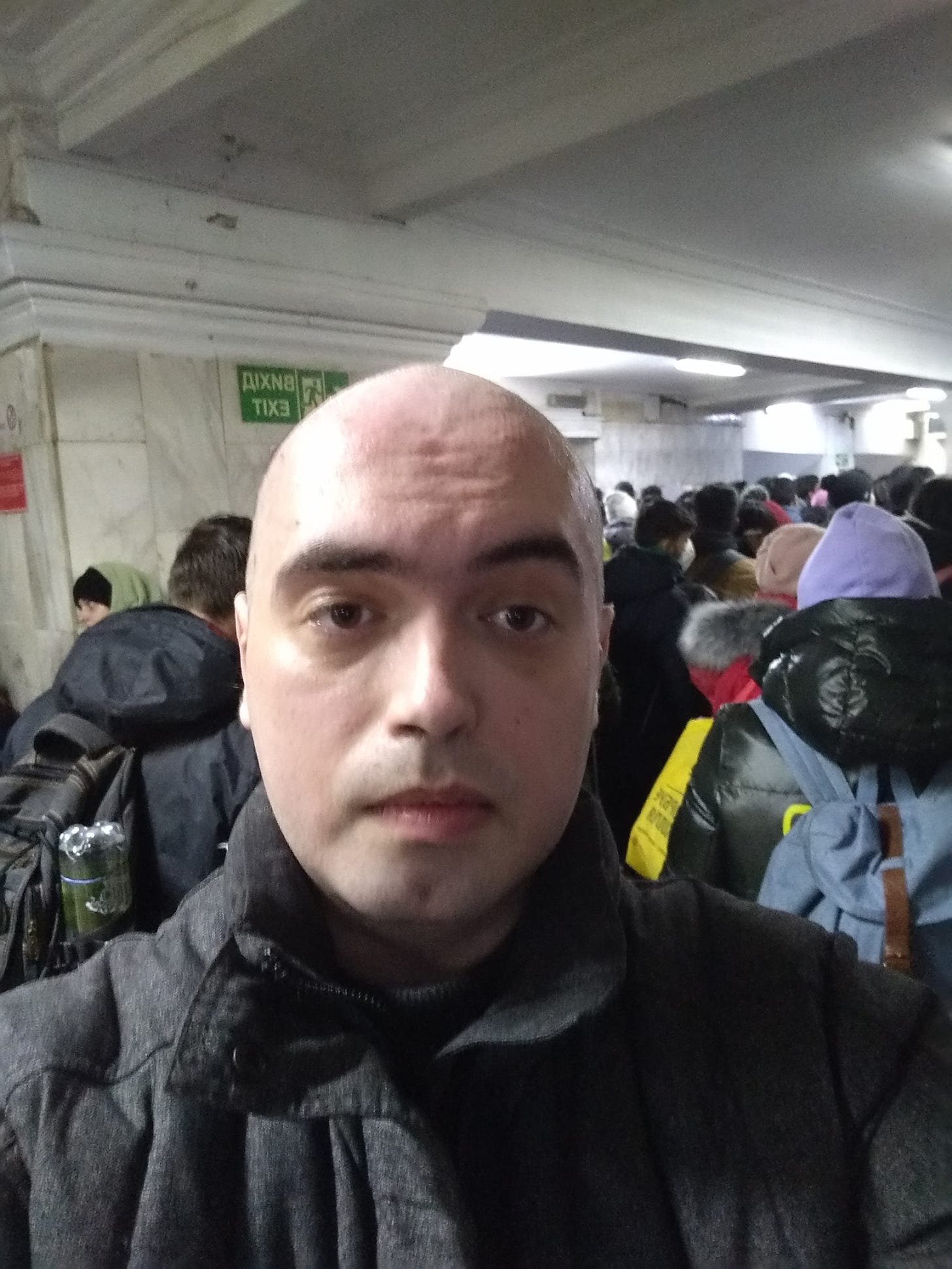War Diary
Live witness account of 2022 Ukrainian-Russian hostilities
No matter what happens, I don’t intend to become a military blogger. Still, being a writing person and not having a war diary while living through war seems a wasted opportunity. So here’s my attempt at breaking with both pacifism and stoicism while creating one. Sayonara, Tolstoy and Orwell.
I will attempt to constantly update, rewrite and perfect this article instead of creating multiple ones. Therefore, save some material if you consider it interesting, I make no promises that it will remain in the final revision.
Meanwhile, consider donating to increase the odds of the author’s survival.
Day 1. 24.02.2022.
I was listening to Putin’s surprise early morning speech, where he was explaining his reasons, when I heard first loud and deep ka-booms. Audially, I perceived them to be from the southwest of my location, from the vicinity of the airport. Strangely, I found no confirmations on media, social or mainstream one, of this audial perception of mine. Apparently, the battle that I heard happened to the northwest, to the north of Kharkiv’s Saltivka district, and here’s the video of it, courtesy of Ukrainian militant group. Intensity is mind-boggling.
During the day, occasional videos and photos of Russian check-points appeared, with their soldiers behaving rather relaxed. Apparently, they expected much less resistance around Kharkiv and hoped this operation to be closer to the Crimean one attitude-wise. They did encounter resistance throughout the day and mayor Terekhov continued to encourage the civil population to remain in underground locations. There are reports of a missile hitting a house fairly close to me, might go check the damage later today. At this moment I don’t think hostilities will shift to urban settings, sides seem determined to shell each other on the ring road surrounding the city and on its outskirts.
Judging from the behavior of Ukrainian authorities and military, Russian Blitzkgrieg seems unlikely at the moment. I’ve been sure that war is inevitable while most people still thought this to be an intimidation technique and I’ve written my expectations on what would constitute Ukrainian victory and/or Russian victory in these Twitter threads back in December. As of now, I don’t consider those thoughts outdated.
After a brief absence of tap water, communal services returned to normal closer to the end of the day. Russian army shifted it’s main attention to Kyiv.
Days 2-3. 25.02.2022-26.2.2022
These two days felt largely similar. Spent 1/4 of them in the basement, listening to MLRS and machine guns. Mind enters a special type of depression under such conditions, I felt as if I was drunk without drinking.
Second Putin’s appearance on Day 2 was awkward. That’s when he realized that Ukrainian military will be responding to the full extent of its capabilities and asked it to oust Zelensky. Sadly for him, the only part of Ukrainian military who is capable of carrying out a coup under such conditions are the same “Banderites” he denounces so condescendingly. Looks like eight years of Donbas war did not spark the interest in learning attitudes in the country and even the commanding elites of Russia remain at early post-Soviet levels of understanding of Ukraine. This might cost them the existence of their statehood. Few will still fear the strengthening of Islam around the Caucasus if the supposedly Christian nation behaves like this.
Days 4-7. 25.02.2022-02.03.2022
My last days in Kharkiv (in this year, hopefully) were spent in survivalist mode. Thankfully I had enough food for a couple of weeks ahead at this point, so I had no need to wait in long queues to a few markets which were still operational to buy overpriced bread (which was offered at x4 of its normal price) or anything. Although my street was conveniently hidden from the main roads and the likelihood of tank battles in the immediate vicinity was minimal, the noise of bombers, buzzing directly above my apartment, loud and deep ka-booms coming from all directions, and flashes of light at night weren’t reassuring. At this point, I was no longer rushing to the basement at the first sound of explosions but learned to assess the level of danger by their sound and intensity. There are roughly three levels of danger: 1) audible booms where it’s hard to determine direction - in such case, it’s safe to ignore raid alerts, 2) booms which trigger anti-theft sirens in cars around your house - these are close ones and hiding is necessary, 3) booms with physical effects like shaking of walls/ground are true Russian roulette.
On the first of March, it became clear that no immediate solution will be found. Ukrainian troops took solid defensive positions across the entire Kharkiv, which is geographically a very large city. One student I once knew, a native of Lviv, told me that despite roughly comparable population sizes, Kharkiv is like 3x times larger than Lviv in terms of mileage, with its districts spread around and separated by industrial zones. Russian occupiers were getting angrier and angrier at the failures of their commando units, which were sent to the city daily only to be killed by the territorial defense and members of the Azov movement. I correctly guessed that in this situation airstrikes will be getting more ugly and it’s time to check whether that student was right about the size of Lviv. He was.
On the second of March we packed bare necessities and got lucky quite a few times. We hitchhiked three cars while getting to the railway station, passing the former building of SSU mere ten minutes before it got destroyed in an airstrike. We were just exiting the last car when it happened, hearing and even smelling that bomb as if it was just around us. This is it, filmed by someone who was at home at the moment.
There were Indian students in that last car with us. I thought that if they die there will be an international scandal, especially in light of India’s diplomatic neutrality, so our chances of survival increase if we stick close to them. So we did, following them to their main group of about 150 people, which was hiding under the railway station and flying their flag to let other Indians notice. Many Ukrainians who were in other parts of that station had no clue what to do and were asking us if the train we and Indians are trying to enter is going to Lviv or not. We had no clue ourselves and only knew it was going somewhere West and that was enough. Some people are strangely picky under bombs.
The train did eventually came to Lviv after going through another battlezone of Kyiv, where we nearly got bombed by another airstrike which partially destroyed Kyiv’s secondary railway hub. Once again, we passed that hub just a few minutes before it happened, we heard, saw, and smelled the explosion. Phones of all passengers started ringing, with their relatives learning about the event in real-time news. This nearly foiled our maskirovka attempt, as the train stopped, turned off all the lights, and pretended to be empty for nearly an hour afterward.
Days 8-12. 03.03.2022-07.03.2022
Ukrainians were very agile around Lviv’s railway station, they weren’t stalling around it and were founding ways to disperse. Sharp contrast with those who required instructions to board that train. Blacks, Indians, and Arabs were crowding the station instead, probably waiting for a centralized way of leaving the country.
Of course, 19-th century style sexism is in full swing under ongoing martial law and only severely handicapped men are allowed to leave the country. 95% of refugees who got to Poland/Hungary/Slovakia are women and children. Families with men or groups with male companions try to stick around border regions. Female conscription law, signed by Zelensky not long ago, proved to be a PR stunt for Western liberal audiences. There are medical female volunteer divisions, such as the one where my sister is actively working at the moment, but no Israeli-style battalions, the kind which British ambassador to Ukraine Melinda Simmons promoted on her Twitter around January.

Settling down in Lviv oblast was not easy. The first guy placed us in an apartment within 700 meters from the city’s TV tower, an exact copy of the one which was bombed by Russians in Kyiv as a strategic object. While not asking for money right away, he implied it on the next day, suddenly discovering some relatives on the way. He was told to f*ck off. Second place was a half-completed private house with barely working heating in a village located roughly between Yavoriv, place of an international military base, and Sknyliv, Lviv’s airport. Another unlucky placement. Needless to say, locals were freaked out by our appearance. They were using their phones each time I went out to buy Coca-Cola and forced me to register at the district enlistment office, which was located a couple of villages away and surrounded by numerous checkpoints.
Military friends of mine, knowing about my health and lack of any experience, were encouraging me to go, telling me that seasoned veterans have trouble enlisting and are being put into long queues, that the most they could entrust me there are volunteer tasks in the village. That’s not the attitude I’ve encountered. Among the three guys who were brought to that office in a village’s civil defense van, two were taken to the barracks immediately. Only I was allowed a medical examination and only after I loudly insisted on it, with registering officer downplaying my numerous neurological, psychiatric, and virological diagnoses, my status of limited fitness. So at least in the Lviv oblast the mood is “grab ‘em all”. I advise all those who wanted to enlist in other oblasts but were turned away - try there.
After this and the subsequent talk with the owner, who encouraged me not to give up and painted me a bright future in artillery forces, we decided it is too cold in that house after all.





